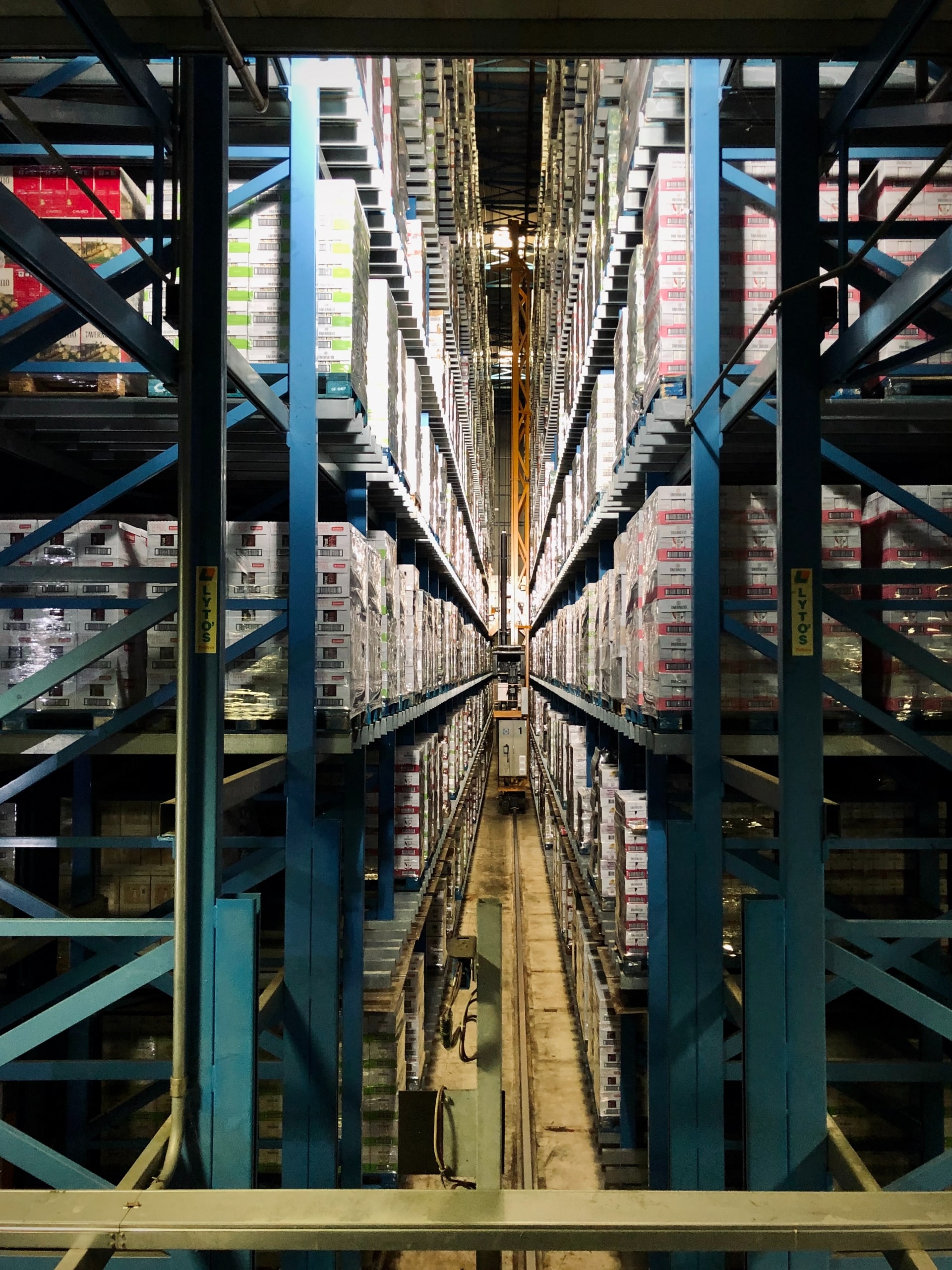Throughout the COVID-19 pandemic, the logistic industry has played a crucial role as an essential business. The continuity of the supply chain and the logistic industry’s role in supporting the economy has helped keep us running. Maintaining the flow of goods to businesses and consumers across the UK, Europe, and the world has never been more important. Logistic companies deliver personal protective equipment (PPE), supporting businesses as they adapt to safety guidelines and pivot their operations to stay afloat. The logistic industry has certainly faced many challenges as businesses and factories are temporarily closed and reopened, changing demand significantly, in one direction or the other. Transportation businesses have also needed to respond quickly to changing circumstances, such as battling port closures as the UK identified the new more-transmissible variant of the coronavirus.
The Increased Demand
Logistics companies have seen a huge change in demand, partially driven by business-to-consumer trade, which has increased significantly as non-essential shops are closed, and lockdowns ensue. Transport trucks are busy delivering essential products such as food, face masks, disinfectants, test kits, medical equipment, and the more than 700 parts required to manufacture ventilators. The logistic industry is also seeing an increase in demand for delivering garden furniture as people spend more time outdoors in their back garden. There is also a strong demand for skips and waste removal as homes are renovated, and outstanding DIY jobs are tackled as people stay or work from home. The knock-on effect of this rise in delivery and collection services is causing an increase in sales of new and used delivery trucks, with financing or leasing agreements. From skip loaders to box vans, sales are up.
How They Are Keeping Safe
Truck drivers and logistic staff are keeping safe by following strict safety measures. These measures may involve segregating shift schedules, avoiding shaking hands, and using their phones or radios to talk with dock managers. Many companies are introducing paperless invoices and delivery receipts, making contactless deliveries where goods are left on customer’s doorsteps, and encouraging their drivers to take packed food with them so they can avoid truck stops. Their cleaning regime has been strengthened, with drivers cleaning frequently touched surfaces on their truck at least daily. These surfaces include door handles, the steering wheel, seat belt, window wiper controls, air ducts, radio switches, and temperature controls. Workers are asked to stay away from work if they present symptoms and not return to work until they meet the criteria set out for discontinuing home isolation. Businesses are supporting their workers by offering paid sick leave or financial support for drivers and warehouse staff who present symptoms. Of course, staying at least two metres away from other drivers, warehouse staff, dock workers, and retail unit staff is essential, and drivers are wearing masks and limiting the amount of time they spend out of the truck’s cab during loading, unloading, and refuelling.
